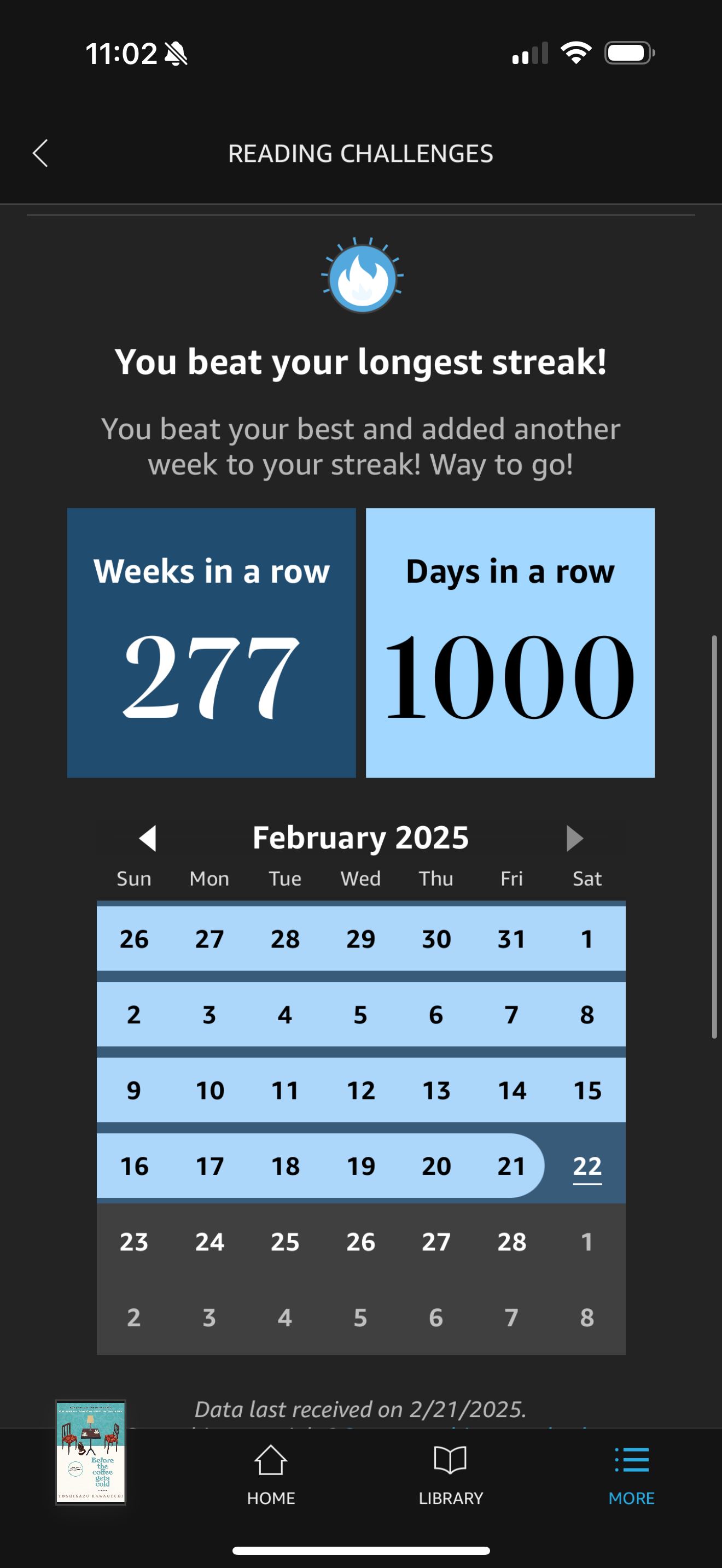More than meets the eye, again and again.
At first, things seem quiet and unremarkable. A cliché premise, cliché developments, cliché characters... Actually, things didn't seem quiet and unremarkable at all; Re:Zero seemed boring and uninteresting. More of that ever-pouring slop Japanese webnovels insist on becoming, more of that persistent stench of mediocrity and the unbridled numbness of barren creativity.
Re:Zero is just more of the same old, same old.
At first...
But, at first, even the normal is strange. Even as we're born, we cry. We're confused, lost, terrified as the world that we now take for granted assaults our senses and wrecks our mind and body alike. Voices endless, smells, feelings, all of it is so much---too much! What makes life beautiful aren't the large pieces that we all have in common, but the small distinctions that make us unique. One would assume death is the same, of course.
All one can do is assume death is the same. That is, of course, except for Natsuki Subaru.
Re:Zero throws us into the typical isekai fantasy world---it even tricks us for a bit!---but pretty soon we understand that that's not the case at all. Natsuki Subaru doesn't die. Or rather, he dies and is then reborn. He gets to try again. That's what Re:Zero is about.
What if you could try again? What if your biggest failures were erased and you had a do-over?
As a premise, this is brilliant. It's not the first time I've read a time-travel story with a somewhat similar outline---shout-out to Mother of Learning---but Re:Zero is unique enough from within what I've read to trigger that novelty factor.
The cast is extensive and varied, including several of the traditional isekai tropes while continuously subverting them in some of the most creative ways possible. Even Subaru himself, the MC, is a subversion of the typical isekai MC. He reminds me of Kazuma from KonoSuba, actually, at first.
That's always the point, isn't it? At first, at first, at first... There's always more than meets the eye.
If that was all that Re:Zero was, it would be enough to make for a good story. However, Subaru is faced with the flip-side of his condition: he loses all the good parts too. The pain, the suffering, the despair that dripped from the pages when he loses everything was at times so overwhelming I actually had to take a breather. It's like the Witch's miasma bled through the screen and seeped into my eyes---that's the only reason I cried, of course...
What if you had to choose? What if you could try again, but even then you failed?
The ever-growing pressure of his mistakes digs into your heart and crushes your very soul, I'm telling you. Seeing him come to terms with how much he's lost and watching him gather the courage to keep going... It's beyond fantastic.
My biggest gripes with the novel are the following:
- The translation is mediocre and littered with errors;
- Subaru does too much talk no jutsu.
Still, it's not a big deal. I'm used to reading webnovels, so reading a poor translation isn't a significant problem; I just expected more. Subaru's incessant yapping can get frustrating at times, but I can rationalize it by saying that, well, if he dies, he can just try something else. When it works, it's hard to say that that wasn't the best option so... I can't really complain... I just don't like it that much. Let it be known, though, Re:Zero isn't just Subaru's yapsesh; he very much works! He tries, and fails, and tries, and fails, and he tries again. He tries everything he can think of. What I love most, perhaps, is that he doesn't get random power-ups like you see in other series. He gets stronger by failing and learning. He improves slowly by trial and error. It's really satisfying to see him figure things out!
The world is getting more and more complex by the volume, by the chapter, by the page really. By Volume 15, it felt like the world had grown ten-fold, both geographically and lore-wise. It's so complex and enticing with so many mysteries to dive into. I can't wait to learn more.
I mentioned the extensive cast already, but there's really no reason not to bring it up again. There isn't a single character I dislike in this whole thing. There are characters that are very much despicable, yes, but there aren't any of those cliché "bad because they're bad" or "good no matter what" characters. Every character is either extremely complex, with believable and deeply emotional motivations, or simply not developed enough to tell just yet. After all, there's so many characters but only so many pages to talk about them. I don't think that's to the detriment of the narrative in the slightest, though.
Really, the only character I actually have sincere gripes with is Subaru himself! Specifically in regards to his choice of heroine. He's wrong, and I'll stand by that. He's the only character in the whole series whose motivation I question. You'd think this would be a big deal, but it really isn't. He's an idiot, an irredeemable moron. That's what makes his story so compelling: we get to see an irredeemable moron turn into a somewhat redeemable moron, little by little, life by life, death by death.
Is this the greatest masterpiece of the 21st century? The century isn't over just yet, but it's in the running; I'll tell you that much.
What do you think?
Rating: 5/5
Read on Witch Cult Translations!
Disclaimer: I read the Light Novel version of Re:Zero, not the WCT webnovel translation.




